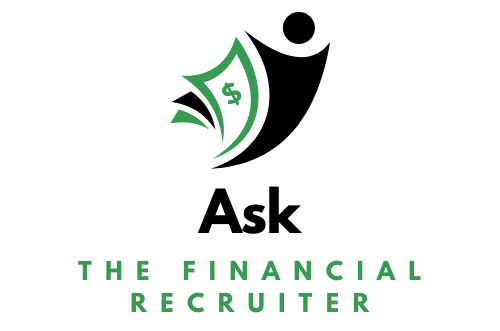An Accountant Career Objective to Get You Hired
To include an accountant career objective on your resume, or not to? It’s a common question. I’m squarely in the YES camp. Because not only is it how I was trained as a Certified Professional Resume Writer. A strong accounting career objective gets my attention as a recruiter. This is because it sets the tone immediately for how I should classify the candidate in front of me. In addition, it can also create a “brand” for the individual, particularly if they are playing up a very specific skill set. When writing a resume, I always include an objective. So, in this writeup, I’ll cover the benefits of including an accountant career objective, the key elements of a good objective, and some examples.
Table of contents
The Benefits of an Accounting Career Objective
A lot of people think, well, an accountant is an accountant is an accountant. Not true! You know this. I know this. And yet, some people reading a resume might think that based on the generic resumes many accountants put together.
Let’s see…how many different kinds of accountants are there? There are GL Accountants, Cost Accountants, Project Accountants, Fund Accountants, Grant Accountants, AP/AR Accountants, Staff Accountants. I could keep going.
Let’s be clear on the purpose of an objective for this article. I’m talking about writing an accountant career objective for a resume, LinkedIn profile, or other career profile.
The benefits to including an objective are many, but here are the main ones:
- Establishes the type of accountant roles that best fit your qualifications.
- Helps the reader quickly understand how to think about you as a candidate.
- Establishes up front that you check the boxes of some big qualifications, such as level, specialty, company type, and/or industry.
- Shows you are proactive and intentional about your career goals.
- Can differentiate you with a branding statement.
Key Elements of a Strong Accountant Career Objective
Don’t be afraid to get creative and brainstorm several accounting career objectives. Try a few on. See how they fit. Furthermore, you can also create multiple resume versions with more than one objective or change up the objective for different job applications. Either way, for each resume version, the more specific you can be, the more closely you will match specific job requirements.
The key elements you may want to include in your objective are as follows:
- Level – Staff, Senior, Manager, Senior Manager, Director, Senior Director, Vice President, Controller, Chief Accounting Officer, Chief Financial Officer. Choose the level or levels you are targeting with your resume and/or LinkedIn.
- Specialty if it applies. Cost Accounting, Project Accounting, Grant Accounting, Fund Accounting…you get the idea.
- Industry, Sector, or Company type – Manufacturing, Real Estate, Asset Management, Healthcare, Retail/Restaurant/Multi-Unit Businesses, SaaS…
- Branding statement. If it makes sense and you can differentiate yourself with a strong branding statement, do it.
Accounting Career Objective Examples
Now for the fun part! Let’s play with some examples.
We’ll start with something simple. This one leaves the candidate open to a wide variety of industries, companies, and types of roles, but offers a differentiating branding statement.
Senior Accountant
Detail-obsessed and uber-organized with a passion for automating processes and saving costs.
Here’s one that includes all the key elements:
Senior Project Accountant / Construction Industry Expert / Large Commercial Project Experience
Vital partner to Project Managers delivering financial visibility for multi-hundred-million-dollar projects.
This one is for a leadership role specific to one industry:
Real Estate Controller / Property Controller
Expertise in multifamily, industrial, and retail real estate.
Remember, when you include your level, you’ll want to include the levels you would consider when making your next career move. For instance, if you’re a Staff Accountant and you’re open to making a lateral or upward move, you could put your objective as “Staff Accountant / Senior Accountant.” If you’re only open to an upward move, simply state “Senior Accountant.”
Where to Start in Crafting your Accountant Career Objective
Clearly, you will know where you’re at in your career and what your next move might entail. But the way you state your objective should closely match the types of jobs you’re applying for. For instance, if you’re a Manager applying for Director roles, state your objective at the Director level.
From there, analyze 5 to 6 job descriptions and look for the differentiating factors you can use in your objective to stand out. If they’re looking for specific industry experience, state it right up front in your objective. For example, you can even include systems expertise somewhere in the objective if that’s super important to the jobs you’re applying to.
Finally, if you opt to include a branding statement, brainstorm the key attributes that give you an edge, and then try to tie one or two of them to what the job is looking for, or to what hiring managers for that job often look for in the role.
Conclusion
I hope this helps you craft a killer accountant career objective to put on your resume and use on your LinkedIn or other career profile. The aim is to get noticed, get called for interviews, and get hired!

